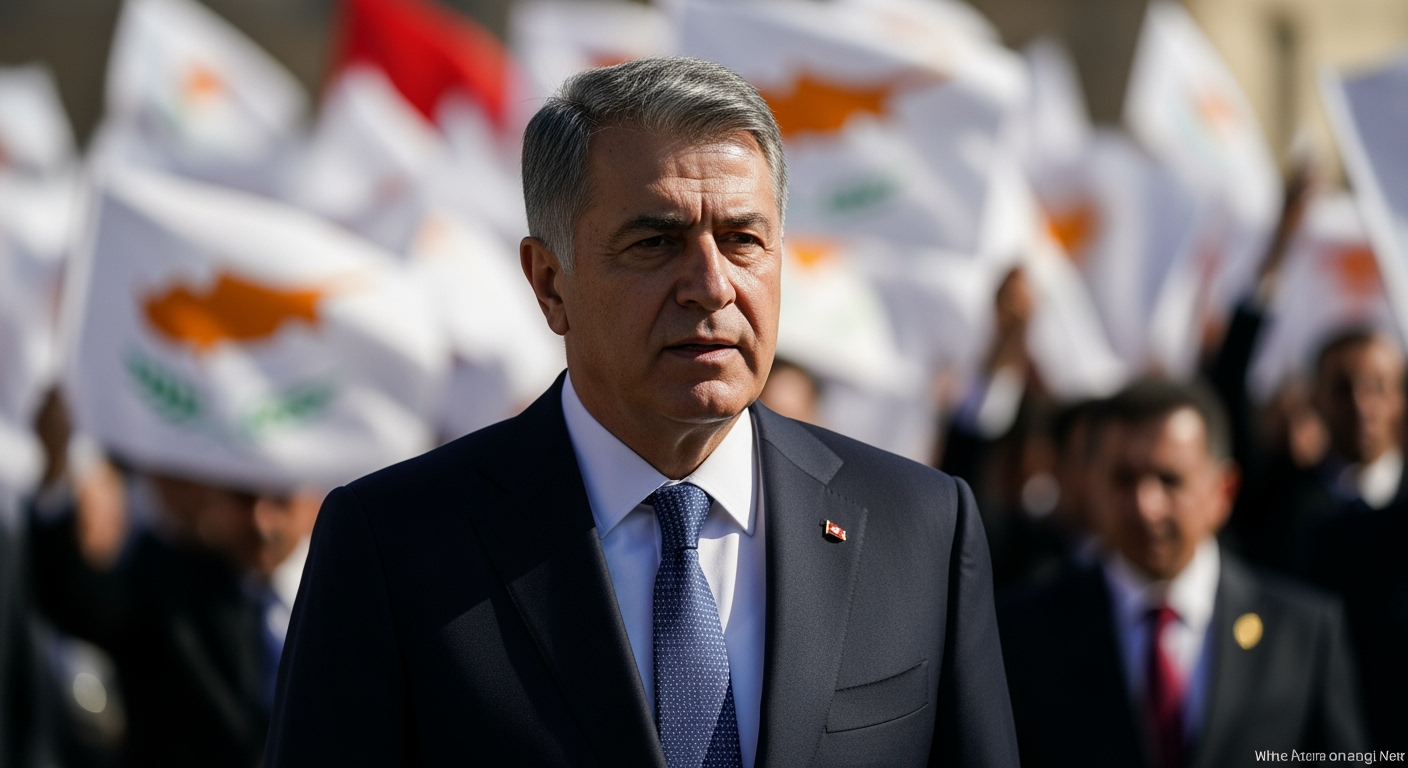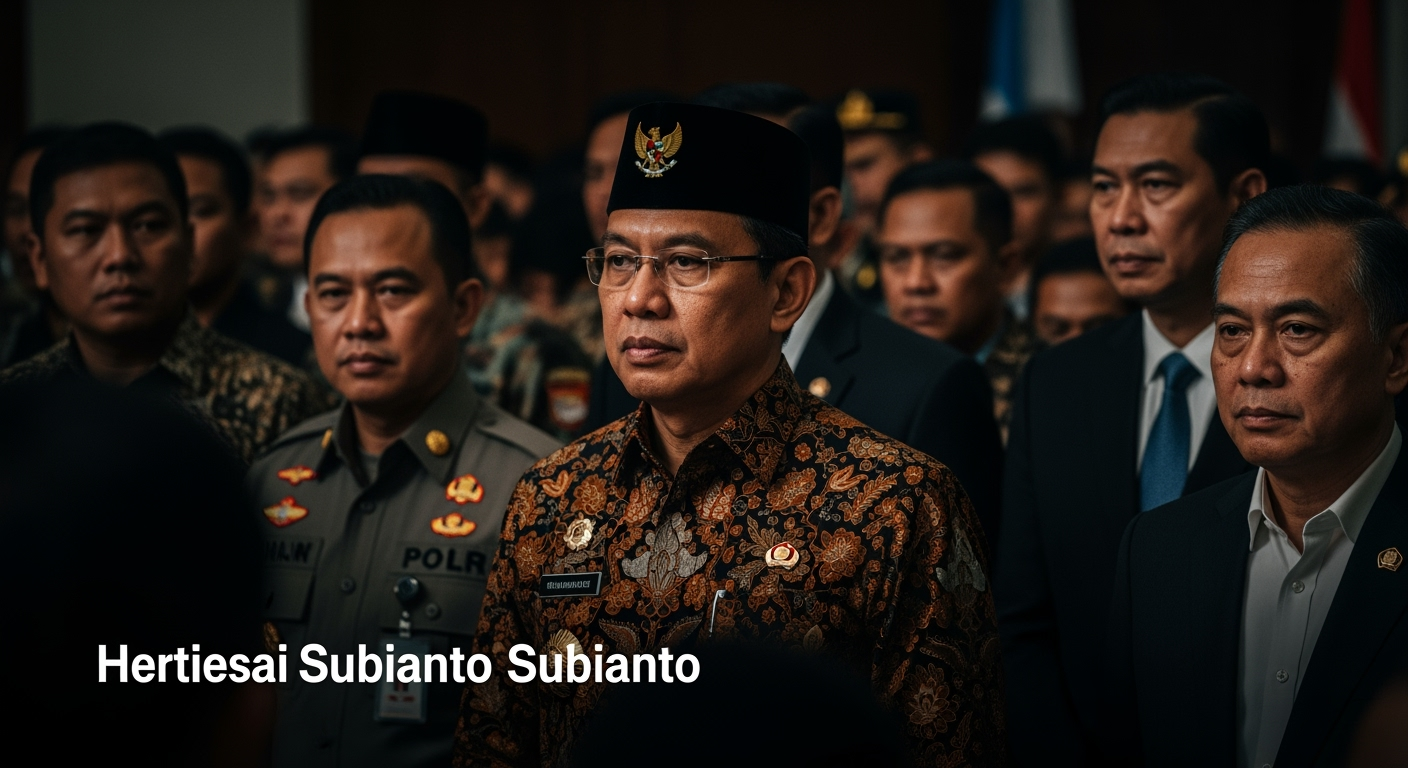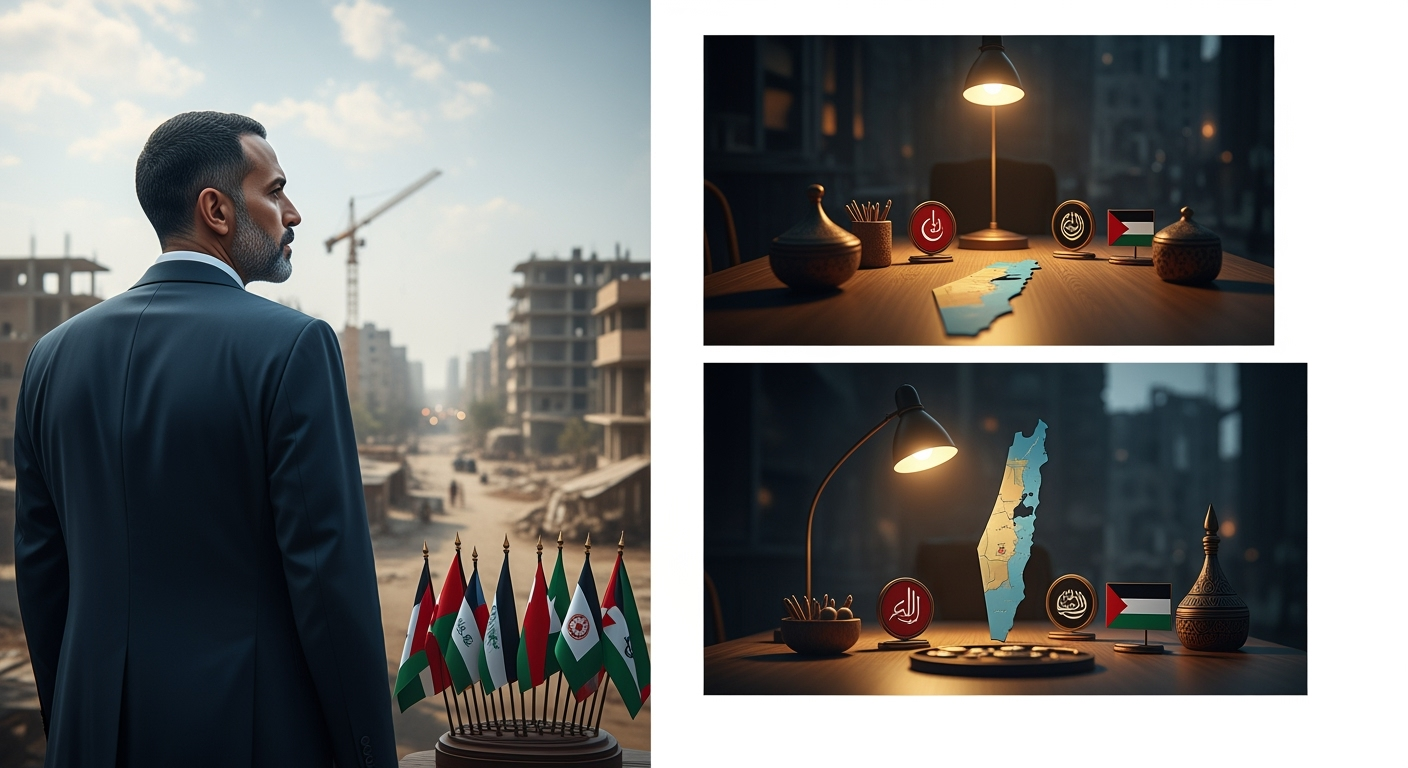Related Articles

Turkish Cypriots Elect Erhürman in Landslide, Sending Complex Signals to Ankara

China Navigates Critical Economic Crossroads with Ambitious New Five-Year Plan





The future of the Gaza Strip, devastated by prolonged conflict, hinges significantly on the involvement of Arab powers, who are navigating a complex landscape of reconstruction needs, security demands, and political ambitions. As a fragile ceasefire takes hold, the international community looks to key regional players, including Egypt, Qatar, the United Arab Emirates, Saudi Arabia, and Jordan, to spearhead efforts to stabilize the enclave, rebuild its infrastructure, and establish a viable governance structure. Their collective actions, though often divergent in approach, are considered indispensable for preventing a return to instability and fostering a pathway to lasting peace for Gaza's 2.1 million residents.
The urgent necessity for a coherent post-war strategy has driven various international and regional initiatives. President Donald Trump's 20-point plan for ending the Gaza war, for instance, envisions Arab states participating in an international force and training a new Palestinian police force. Similarly, an Egyptian blueprint for Gaza's reconstruction, later endorsed by other Arab nations, proposes a multi-phase rebuilding program projected to cost $53 billion over five years. These plans aim to address the immediate humanitarian crisis, prevent the displacement of Palestinians, and lay the groundwork for long-term recovery and governance. However, the implementation of such ambitious undertakings is fraught with geopolitical challenges, internal Palestinian divisions, and the persistent question of Hamas's future role.
While a consensus exists among Arab states on the critical need for a stable Gaza, their individual interests and approaches vary, influencing the direction and pace of post-war efforts. Egypt has asserted its role as a central mediator in ceasefire talks, leveraging its geographic proximity and diplomatic weight to secure foreign assistance and financing for Cairo, which could also benefit its construction industry in Gaza reconstruction. Cairo's plan for Gaza emphasizes reconstruction in phases, a Palestinian governing committee composed of technocrats, and security provided by trained Palestinian troops under a restructured Palestinian Authority, explicitly rejecting Hamas's participation in governance.
Qatar, along with Turkey, maintains a unique relationship with Hamas, having historically hosted its leaders and mediated between the militant group and international actors. This position gives them a particular leverage in discussions concerning Hamas's disarmament and potential political integration, albeit with different perspectives on the group's evolving role. Saudi Arabia and the UAE, in contrast, have been vocal in advocating for the disarmament of Hamas as a prerequisite for their support in any post-conflict arrangement. These Gulf states also prefer the return of the Palestinian Authority to civil administration, often viewing Egyptian stewardship as a counterweight to Qatari influence and a safeguard against an extended Hamas role. Despite these differences, countries like Qatar, Jordan, the UAE, Saudi Arabia, and Egypt have all welcomed President Trump's efforts to end the war and prevent the displacement of Palestinians.
Jordan, alongside Egypt, is also mentioned as a consultative partner for forming an International Stabilization Force (ISF) due to their experience in security training. However, despite quietly expanding security cooperation with the Israeli military, several Arab nations have publicly condemned the war in Gaza, often describing it as a "genocidal war." This dual approach reflects the delicate balance Arab governments must strike between regional security interests and public sentiment.
A central dilemma in post-war Gaza is establishing a legitimate and effective governance structure. The prevailing international and Arab consensus calls for a governing committee of independent technocrats, with no role for Hamas. The Egyptian plan specifically envisions a Palestinian governing committee without Hamas participation, supervised by the Palestinian government in Ramallah. This is often predicated on the reform of the Palestinian Authority (PA), which currently lacks significant public trust and is perceived by some as weak and corrupt, further complicating its potential to administer Gaza effectively.
Hamas, despite indicating a readiness to step out of the reconstruction process and any interim administration, has made it clear that it will not surrender its weapons or relinquish its role as a "legitimate resistance" movement. This stance poses a significant obstacle, as its disarmament is often a precondition for broader Arab and international support. Security analysts suggest that while Gulf states may provide financial and diplomatic support for an international force, they are likely to be hesitant to commit their own military forces to such a complex and potentially dangerous mission, fearing clashes with remaining militant factions.
The idea of a pan-Arab or inter-Arab/Muslim force to ensure security has been frequently discussed. Proponents argue such a force, particularly from countries like Egypt or Qatar, might face less resistance than Western troops. However, potential contributors remain reluctant due to the risk of confrontation with Hamas, and Hamas's approval is seen as a virtual prerequisite for such a deployment. The Trump plan also calls for Arab states to participate in deploying an international force to train a new Palestinian police force, with several Arab countries signaling support for such a mechanism to guarantee security for all sides, yet stopping short of publicly committing troops.
The physical and economic devastation in Gaza demands a monumental reconstruction effort, estimated to cost tens of billions of dollars. The Egyptian plan alone estimates $53 billion, while an American vision proposes $100 billion for Gaza's recovery by 2035, including ambitious "Mega Projects." Financing for these efforts is expected to come primarily from Gulf Arab states and international donors.
However, reconstruction is deeply intertwined with political conditions. Many Arab states are reluctant to contribute substantial financial aid without guarantees concerning Israel's future actions, its illegal settlements, and concrete steps toward Palestinian statehood. There is also a strong rejection across the Arab world of proposals to displace Palestinians from Gaza, with leaders emphasizing that reconstruction efforts must proceed without such relocation.
Diplomatic efforts, such as the Sharm el-Sheikh Summit in October 2025 and a follow-up Paris meeting, aim to define coordination mechanisms and supervision frameworks for reconstruction, seeking to form a "Great Trust for Gaza." These meetings involved the "Arab Quintet" (Egypt, Jordan, UAE, Saudi Arabia, Qatar) alongside European counterparts, highlighting the recognition of their crucial role. Despite the broad participation, some key Arab powers have sent mid-level delegations to these summits, indicating a lack of full regional consensus on certain aspects, particularly concerning the roles of different Arab actors and approaches to Hamas.
The role of Arab powers in shaping post-war Gaza is undeniably central and multifaceted. From diplomatic mediation and proposing governance frameworks to committing to significant financial contributions for reconstruction and potentially contributing to security forces, their engagement is critical for any viable path forward. However, this path is complicated by divergent interests, the persistent challenge of Hamas's armed presence, the need for a reformed and legitimate Palestinian Authority, and the broader geopolitical context of the Israeli-Palestinian conflict. Achieving a stable, self-governing, and rebuilt Gaza will require unprecedented levels of unity, sustained commitment, and a delicate balance between security imperatives and the aspirations of the Palestinian people, all while navigating a complex web of regional and international pressures.